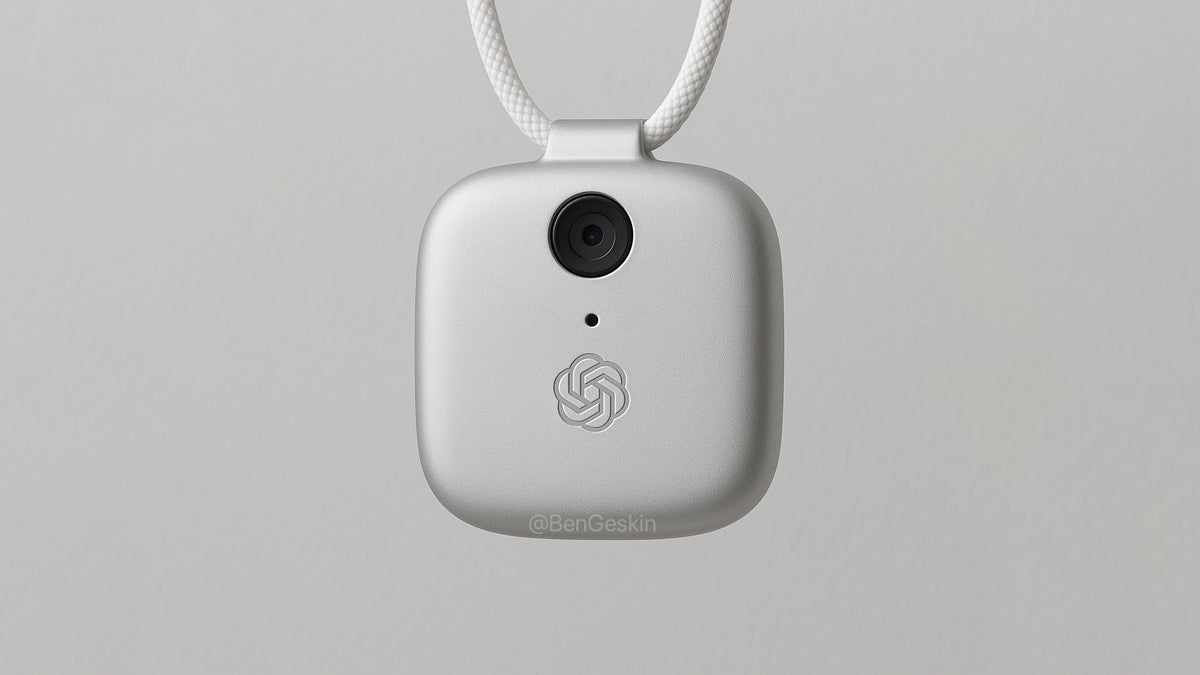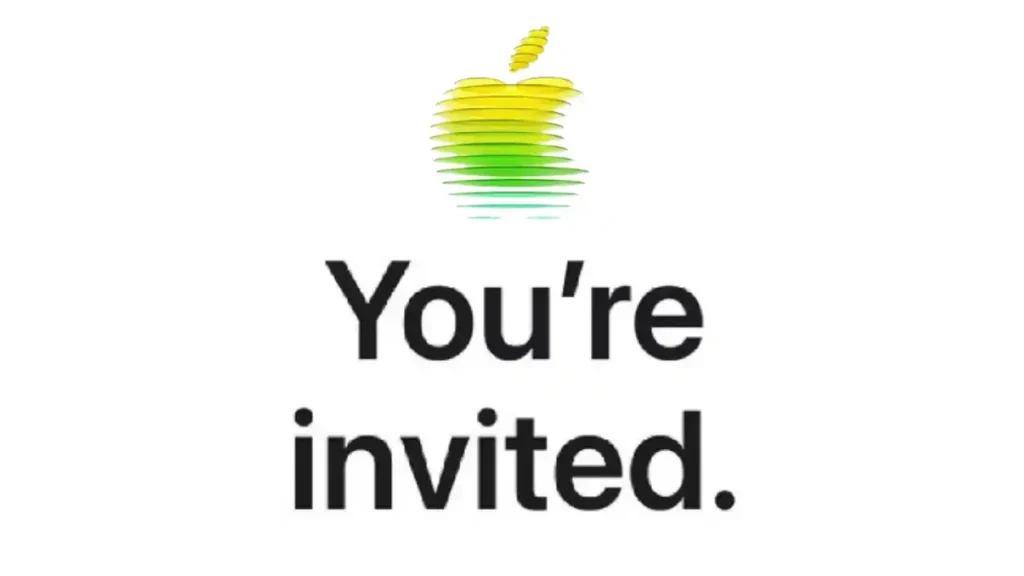Now Reading: OpenAI and Jony Ive’s AI Gadget Faces Delay
-
01
OpenAI and Jony Ive’s AI Gadget Faces Delay
OpenAI and Jony Ive’s AI Gadget Faces Delay

The highly anticipated collaboration between artificial intelligence powerhouse OpenAI and legendary former Apple designer Jony Ive is reportedly hitting significant turbulence, raising concerns that the launch of their secretive consumer AI device could be delayed. The project, which was born out of OpenAI’s acquisition of Ive’s design firm earlier this year, is encountering fundamental challenges related to both software and the massive infrastructure required to power its ambitious design.
According to sources familiar with the development, the project faces multiple critical, unresolved issues that are casting doubt on its potential 2026 debut.
The Compute Power Challenge
Perhaps the most pressing bottleneck is the immense demand for computing power. The palm-sized, screenless device is designed to be “always on,” continuously processing a live feed of audio and visual cues from its surroundings to act as a highly aware, contextual assistant. This constant, real-time data processing requires vast computing resources, an area where OpenAI is reportedly struggling.
One source close to the project was quoted as saying, “Amazon has the compute for an Alexa, so does Google [for its Home device], but OpenAI is struggling to get enough compute for ChatGPT, let alone an AI device—they need to fix that first.” While OpenAI has recently made moves, including a reported massive deal with Nvidia for chips, the infrastructure challenge of running its large-scale AI models on a mass-market consumer product remains a significant hurdle.
The Philosophical and Design Hurdles
Beyond the hardware and infrastructure, the team is reportedly grappling with complex design and philosophical questions that blend technology with human interaction. Key unresolved issues include:
- The AI’s “Personality”: The collaborators are striving to create a voice assistant that feels like a “helpful friend who’s a computer,” a nuanced companion that is neither overly robotic nor too intimate—steering clear of the pitfalls of a “weird AI girlfriend.” Finding the right conversational model and tone that strikes this delicate balance between being helpful and unobtrusive is proving difficult.
- When to Talk and When to Stop: A core challenge stems from the device’s “always-on” nature. The team is struggling to ensure the assistant knows when to interject with useful information and, just as crucially, when to stop talking, preventing the kind of “feedback loop” that can frustrate users.
- Privacy Concerns: The design of the device, which features a camera, microphone, and speaker and is continuously gathering data to build a virtual “memory” of the user’s environment, has led to internal debates over privacy safeguards. Ensuring user trust with an “always-aware” device is a monumental ethical and technical challenge that must be cracked for mass-market acceptance.
The Vision
The device is envisioned as a radical step beyond current smart speakers and traditional smartphones. The palm-sized gadget, which may be carried by the user or sit on a desk, aims to redefine human-machine interaction through audio and visual cues alone.
The partnership between OpenAI CEO Sam Altman and the design maestro Jony Ive, whose firm merged with OpenAI earlier this year, was heralded as the beginning of a new era of AI-native hardware. However, the reported struggles underscore the immense complexity of translating cutting-edge artificial intelligence into a seamless, reliable, and socially intelligent consumer product.
While one source suggested that these issues are simply normal parts of the product development process, the growing list of obstacles means that the highly-anticipated device could face a substantial delay, pushing its release timeline further into the future. The project’s success now hinges on OpenAI’s ability to solve these foundational compute, software, and human-interaction challenges.










